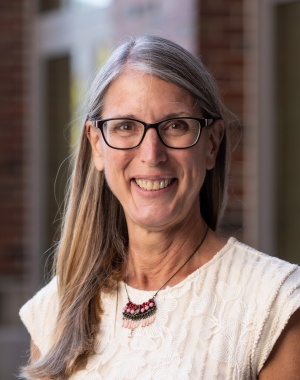Abandoned Families: Social Isolation in the 21st Century
Speaker
Kristin S. SeefeldtDate & time
Location
Free and open to the public. Reception and book signing to follow.
Join the conversation: #policytalks
About the book:
Education, employment, and home ownership have long been considered stepping stones to the middle class. But in Abandoned Families, social policy expert Kristin Seefeldt shows how many working families have access only to a separate but unequal set of poor-quality jobs, low-performing schools, and declining housing markets which offer few chances for upward mobility. Through in-depth interviews over a six-year period with women in Detroit, Seefeldt charts the increasing social isolation of many low-income workers, particularly African Americans, and analyzes how economic and residential segregation keep them from achieving the American Dream of upward mobility.
About the author:
Kristin S. Seefeldt's primary research interests lie in exploring how low-income individuals understand their situations, particularly around issues related to work and economic well-being. She is the author of Working After Welfare (W.E. Upjohn Institute Press), which discusses employment advancement and work-family balance challenges as experienced by former welfare recipients. Currently, she is conducting research on families' financial coping strategies during an economic downturn and is a Principal Investigator of a survey examining the effects of the recession and recovery policies on individuals' well-being. Previously, Seefeldt was an Assistant Research Scientist at the Gerald R. Ford School of Public Policy and the Assistant Director of the National Poverty Center, both at the University of Michigan, and an Assistant Professor at the School of Public and Environment Affairs, Indiana University. She holds a doctoral degree from the University of Michigan in Sociology and Public Policy.
Co-sponsored by: the University of Michigan School of Social Work and Poverty Solutions at the University of Michigan
